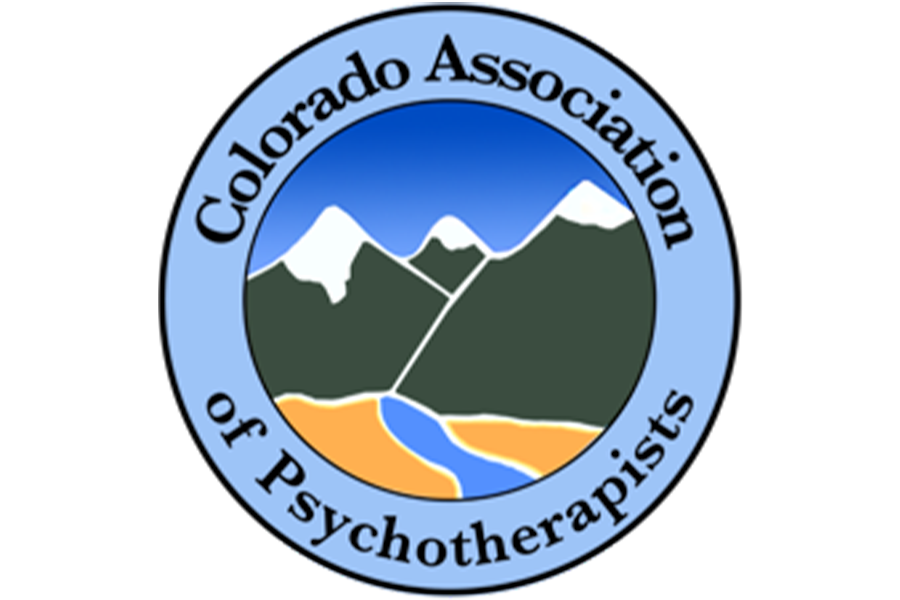Recognizing and admitting that you may have a drinking problem is not always an easy journey. The early signs of alcohol abuse can often slip under the radar until they escalate and spiral out of control. In the United States alone, alcohol abuse affects approximately 1 out of 6 individuals. Whether it arises from genetic predispositions, social settings, mental health challenges, or significant life events, alcohol abuse is a hazardous pattern that demands attention.
It’s important to note that alcohol abuse does not always lead to alcoholism, although the risk is substantial. Both conditions exhibit similar symptoms and involve a degree of dependence, but alcoholism comes with the added challenge of physical addiction, making recovery even more complex.
So, how can you discern if your social drinking has crossed the line into a more serious concern? Here are six crucial symptoms of alcohol abuse that warrant close attention:
1. Inability to Control Drinking: Despite knowing when you should stop, you find yourself continuously consuming drink after drink. Experiences of overindulgence and getting sick do not deter you from exceeding your limits.
2. Any Occasion Becomes an Excuse: You’ve become adept at finding reasons to drink, regardless of the occasion. If there are no parties or events to provide an opportunity for a drink, you invent justifications to indulge on your own.
3. Dependence on Daily Drinking: You struggle to recall the last day you went without a drink. Alcohol has become your coping mechanism, your constant companion, or even your best friend. Abstaining from alcohol leaves you feeling physically unwell or anxious.
4. Neglecting Work and Activities: Your drinking habits start to affect your job. You arrive late, leave early, or even skip work altogether to prioritize drinking. Hobbies and activities you once cherished are pushed aside, with alcohol taking precedence.
5. Impact on Social Life and Health: You’ve had heated arguments with friends and family about your drinking, yet you don’t perceive it as a problem. Your health is deteriorating due to excessive and frequent drinking, but you struggle to make a change. Financial strain from alcohol expenses is mounting, yet you find it challenging to cut down. Some friends or relatives are distancing themselves when you consume excessive amounts of alcohol.
6. Escalating Intake: You require increasingly more drinks to experience the same pleasurable sensation. Your alcohol consumption has reached a point where withdrawal symptoms like trembling, sweating, nausea, vomiting, or irritability emerge when you attempt to abstain.
If your drinking habits are negatively impacting your life, relationships, or overall well-being, it is reasonable to assume that you are grappling with alcohol abuse.
What to Do Next
Acknowledging that you have a drinking problem is the pivotal and often challenging first step toward positive change. Consider implementing the following steps:
1. Set Limits: Try to establish boundaries for your alcohol consumption. Begin by skipping a day or two without drinking or defining a limit on the number of drinks you can have.
2. Seek Help: If you find it impossible to control your drinking, reach out for assistance. Addiction counseling with me and other support groups like Alcoholics Anonymous, are readily available to provide guidance and support.
3. Lean on Support: No matter the severity of your situation, remember that you don’t have to face it alone. Surrounding yourself with people who can encourage and support you throughout the recovery process is invaluable.
Recognize these signs of alcohol abuse, acknowledge the issue, seek help, and embark on the path to positive change. Reclaim control of your life and set forth on the journey to recovery.




0 Comments